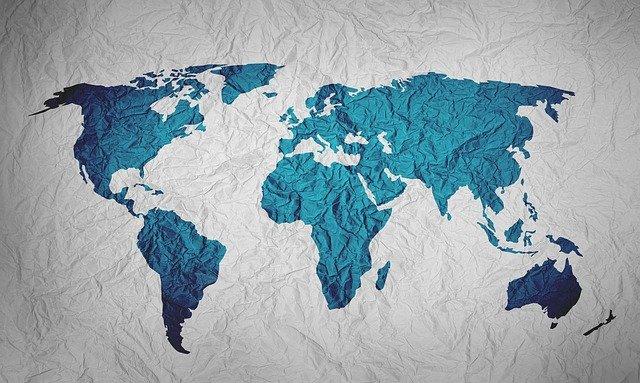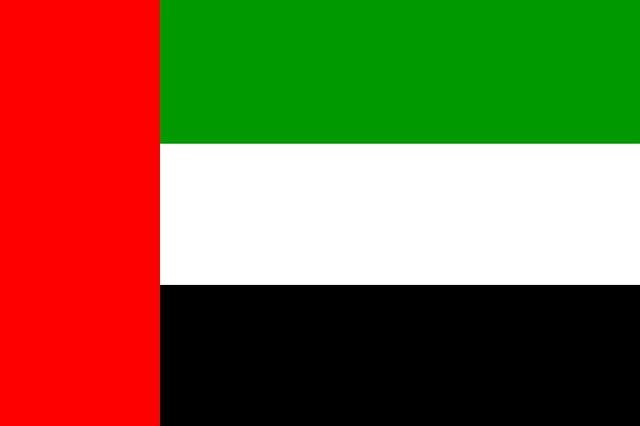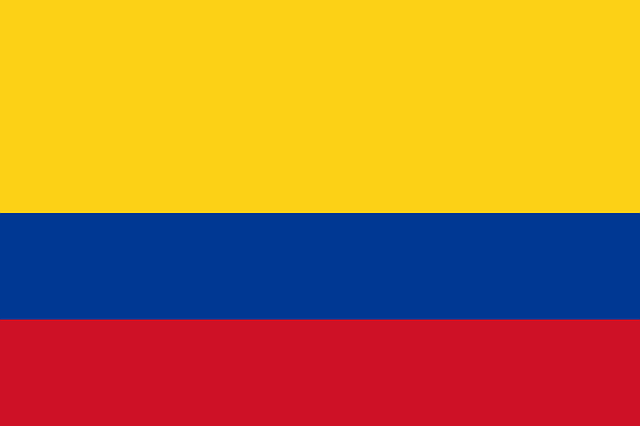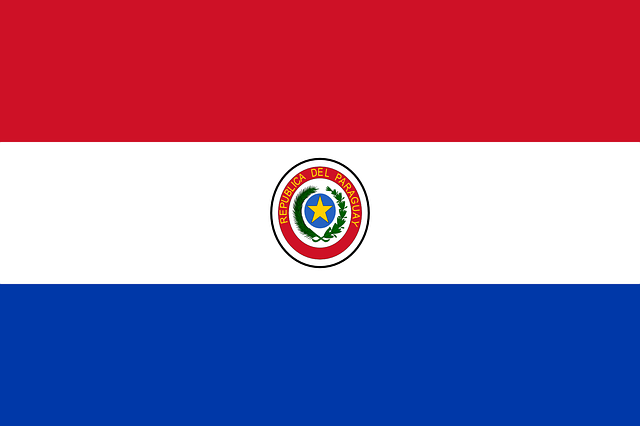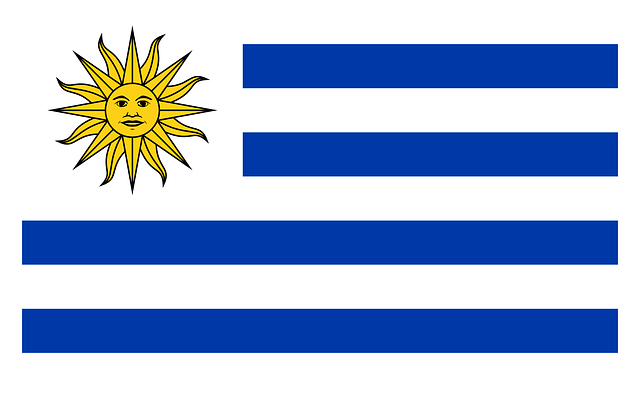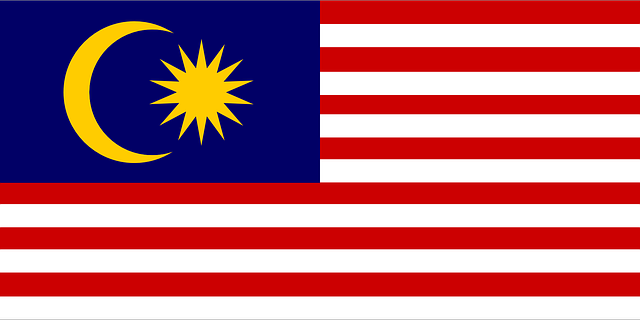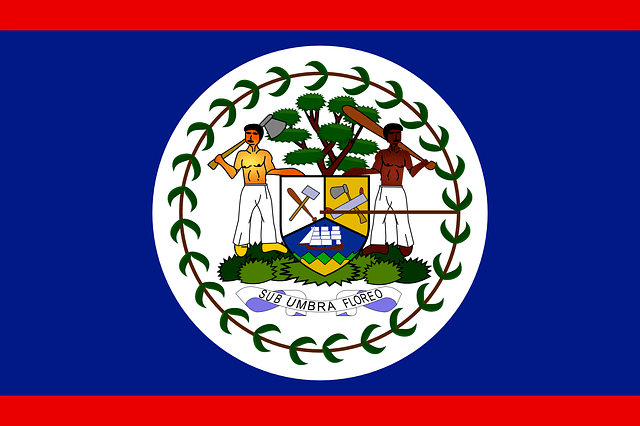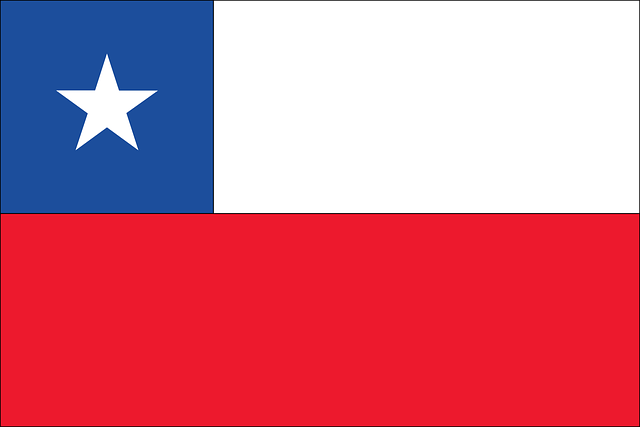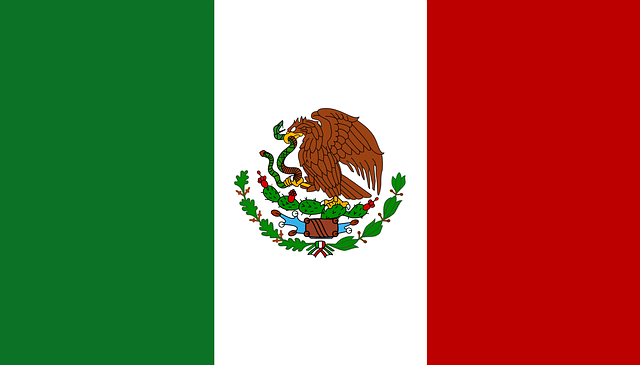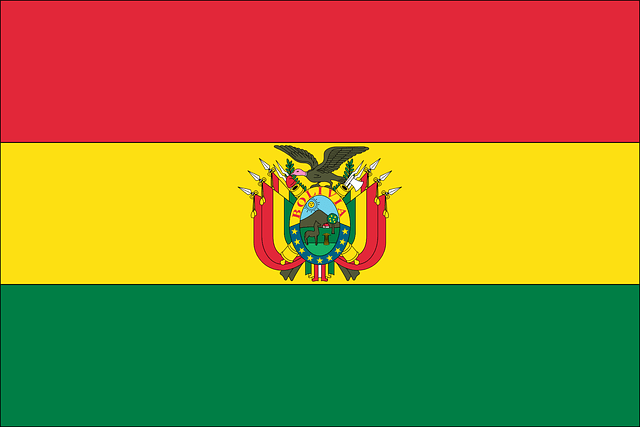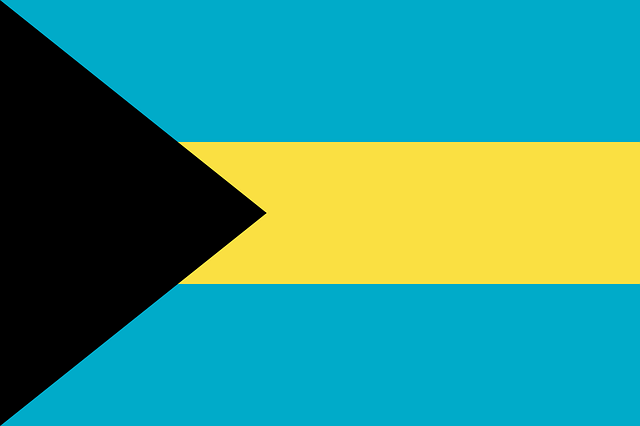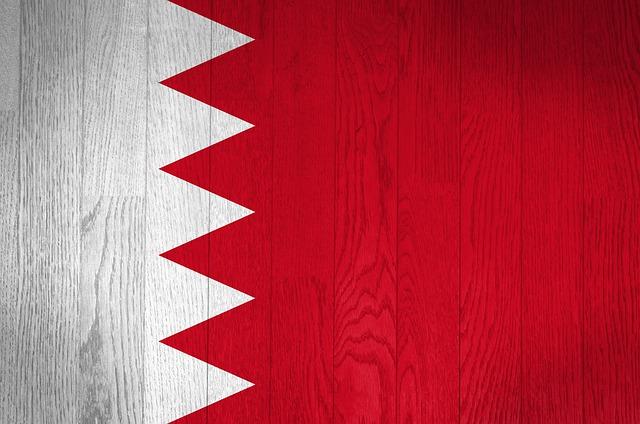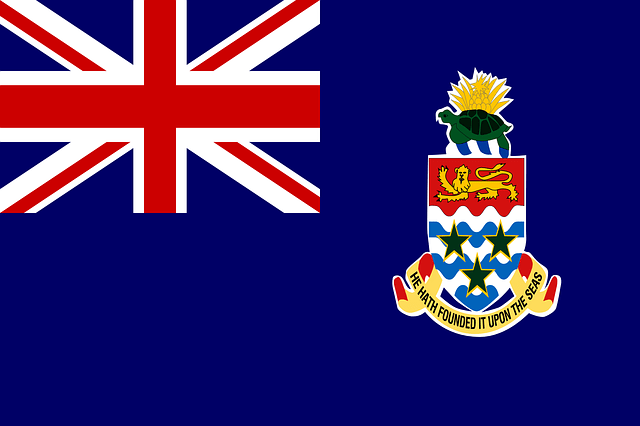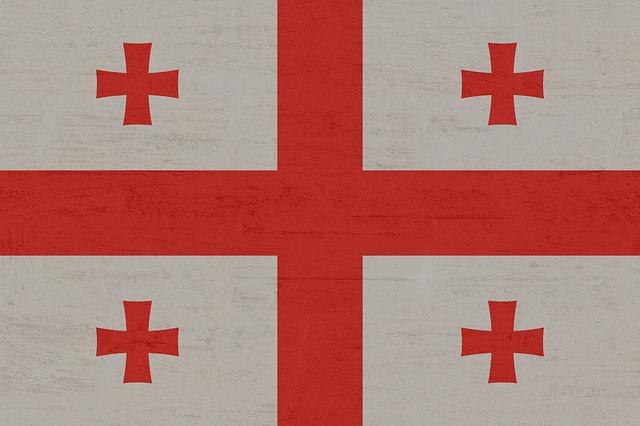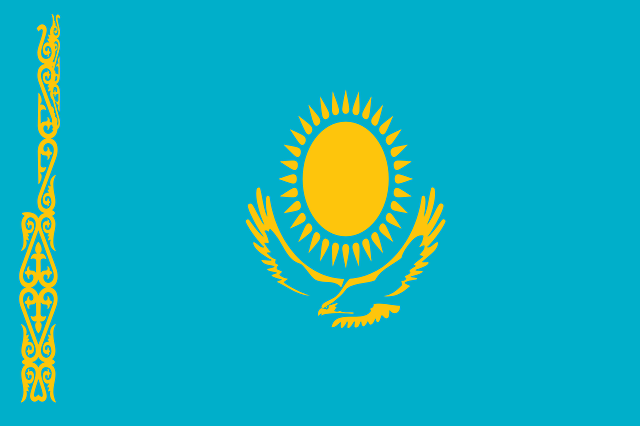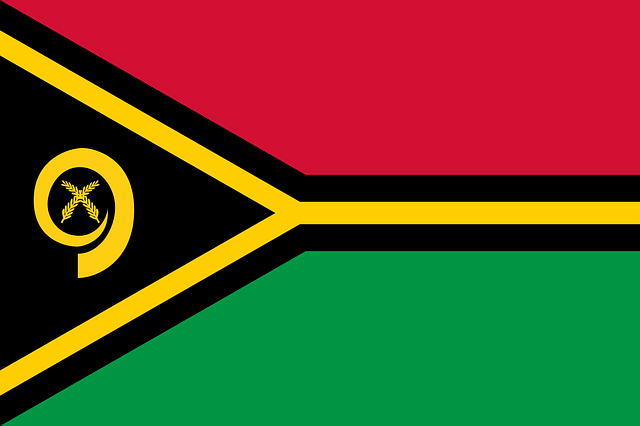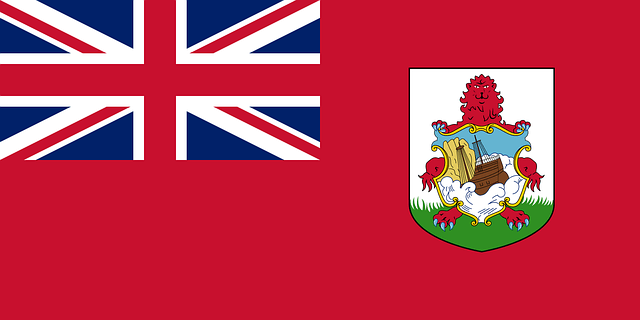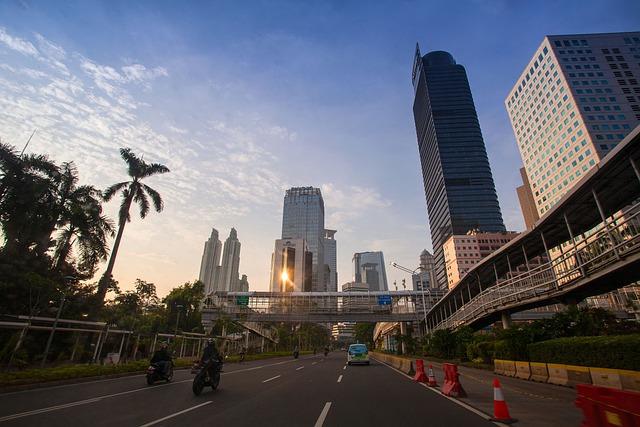Let’s end the article with taking a look at how you could realistically structure your life as a citizen of the world.
This is based on my personal preferences, combined with plenty of research.
Residence
I would suggest you have at least 2 to 3 countries where you are a legal resident.
One in Latin America (Paraguay and Uruguay are great options), and one in the “middle” of the world (Dubai and Armenia).
By this I mean you are within close proximity of all continents, so a roughly equal distance from the oceans.
Ideally, you can also score residence in an Asian country, but that unfortunately isn’t easy to do and often comes with plenty of requirements.
Citizenship
Having at least two passports is I think a must, so that you always have at least one back-up in case one of them is no longer a good option.
For example, if you are an American citizen, you have to keep paying taxes on your income, even if you no longer live in the US.
This silly system is fortunately not ubiquitous, so if you aren’t an American chances are you’re fine … right now.
However, as the West continues to collapse and more and more people start to leave, it’s completely possible for more and more nations to implement a system like this. In that case, you might like to have the option to renounce your citizenship to that nation. And that’s where having backup passports comes in.
I would advise a similar pattern as with residence: Have one in the Americas, one in the “middle”, and one in Asia.
If at all possible, avoid overlapping your citizenship with your residence flag, because if you are actively living in a country where you are citizen, you will be faced with plenty of duties, such as taxes, voting, or perhaps even military service.
In the Americas, there are quite a lot of decent options, such as Mexico, Panama, Uruguay, Paraguay, Belize and Colombia.
In Asia, only Singapore is really viable for most people, because in other Asian nations you often need to have some sort of familial bond to its citizens if you want to become one.
The UAE (Dubai specifically) and Armenia are again pretty decent options – however, if you are a European citizen, I would suggest you just keep that passport for the time being.
It gives you great freedom to travel across Europe if you ever desire to do so.
Where you put your businesses and assets is completely up to you, but I would suggest you take a good look at the tax-regimes of each nation.
Some countries are great for having a business because they have no corporate tax (like the Bahamas and Cayman Islands), and the same can be said about capital gains taxes for your assets.
Banking
Avoid putting a lot of money in any one bank account, especially in countries where you are a citizen.
Spread your wealth around, ideally in countries which have a favorable reputation for not sharing your information to their government. I’d suggest Switzerland, The Bahamas, Belize and Singapore.
In summation, this is how your life as a citizen of the world could look like:
- Residence: Uruguay and Dubai
- Citizenship: Panama, Singapore and your nation of birth (unless you are an American)
- Banking: accounts in Switzerland, Belize, the Bahamas and an Asian nation (the Philippines is an option)
- Businesses: Belize, Bermuda, the Bahamas
- Assets: Cayman Islands, Malaysia, and real estate in Vietnam, Colombia and perhaps an African country
- Geographical source of income: Ideally the majority comes from richer non-Western countries, such as South-Korea, China, and the Gulf States. You could also opt to target non-richer countries which are poised to do really well economically in the next few decades, such as Africa, Southeast Asia and Latin America
With such a setup, you are almost guaranteed to be safe and free in an increasingly unfree world.
Don’t procrastinate on this, get started today and become a citizen of the world.
